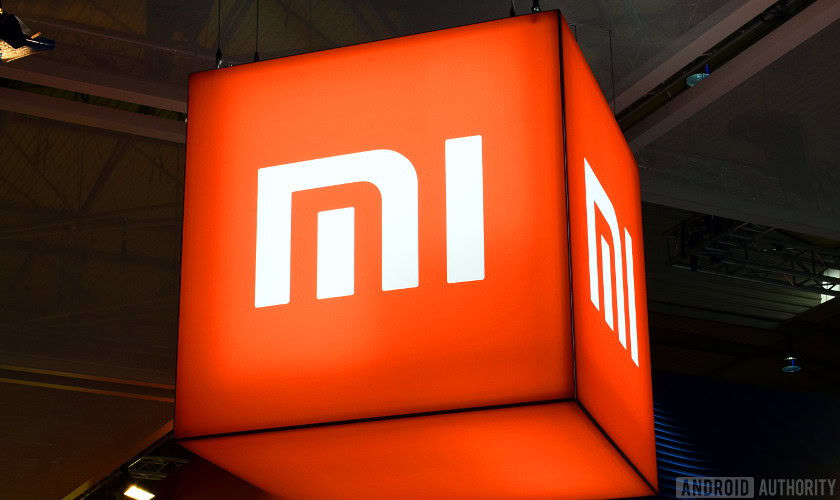Affiliate links on Android Authority may earn us a commission. Learn more.
Xiaomi still plans to sell smartphones in the US in 2019

- Xiaomi reiterated its hopes to enter the U.S. smartphone market sometime in 2019.
- The company did not provide a specific time frame, though it is developing U.S.-friendly versions of its phones.
It is no secret that Chinese manufacturers have had a tough time in the U.S. as of late. That does not seem to phase Xiaomi, which told Reuters that it still plans to enter the U.S. smartphone market in 2019.
According to Xiaomi senior vice president Wang Xiang, the U.S. market is “very attractive” and the company allocated engineering resources to make U.S.-friendly versions of its smartphones.
“Next year, we hope we can do something there,” said Wang.
Wang also said Xiaomi’s talks with U.S. carriers have yet to result in an agreement. He did not say whether the tension between the U.S. and China had something to do with that. Instead, Wang said that the company is only focused on the consumer market and many of its engineers and investors and American.
“We don’t see any reason for us to get into that political problem,” said Wang.
This is not the first time Xiaomi stated its intention to enter the U.S. smartphone market. However, the environment has changed considerably since then.
Fellow Chinese manufacturer Huawei continues its uphill battle in the U.S. as it fends off accusations that the company has deep ties with the Chinese government. Those accusations led to partnerships with Verizon and AT&T crumbling at the last minute.
Meanwhile, ZTE had to deal with sanctions that forced the company to halt operations. Those sanctions have since been rescinded, though some lawmakers want them to come back.
Whether Xiaomi will face similar obstacles remains to be seen. Seeing the struggles of fellow Chinese manufacturers might make the company rethink how it wants to enter the U.S. market.